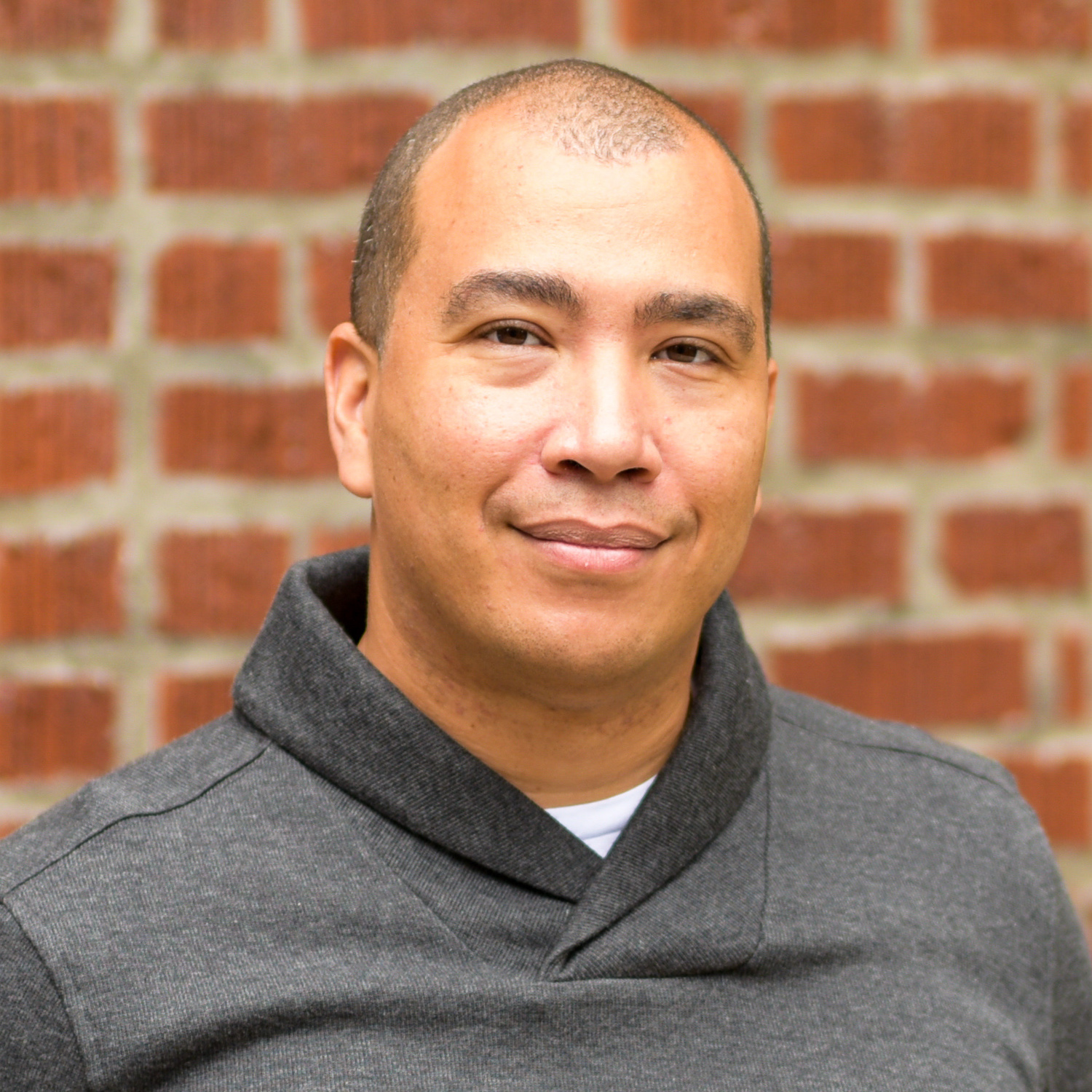If you’ve already got too much to do, adding more to the heap won’t help you work through the heap.
This is obvious at a conceptual level. Yet, in our daily practices, we often continue to take more on than we can do without even considering the heap we already have.
There are really only two options in this scenario:
- Say No to new commitments — or at least say Not Now.
- Say Yes to new commitments and find a way to say No to prior commitments.
(There’s a third option that we choose by default — saying Yes to new commitments without say No to past ones and dropping stuff. I meant to focus on constructive options.)
We often get caught in the elusive trap of thinking that delegating and deferring is an appropriate way to say no to a current commitment. For instance, we often hastily delegate stuff to someone, but the fact of the matter was that we needed to make a decision that we haven’t empowered someone else to make. Those types of delegations always come back.
In other cases, we defer a decision or action for the future without recognizing that deferring in these circumstances catches up to us in the future. Think about it this way: if you were overwhelmed with how much you had to do two weeks ago, it’s probably a good bet that you’ll be overwhelmed with how much you’ll need to do two weeks from today.
Deferring as a stalling strategy is problematic because while we stall, we say Yes to so many other things without making any other workflow changes. Tomorrow becomes today before we’re ready and the bit of the heap we kicked into the future returns to kick us in the present.
For ease of discussion, let’s pretend you had 10 units of productive capacity per day. Continually saying yes to 15 units of requirements means you’ll always be dropping something. Sliding the overage to someone else is only effective if they can actually process it and do the work. Saying Yes to the overage and sliding it into the future is only effective if you say No to something that enables you to complete the overage when it comes back up in the future.
I’m being stodgy here because many of us need to interrupt the habit of adding to the heap.
Before something else comes in, something else has to go. (Tweet this.)
Somewhere along the line, you either have to just get it done or drop something you’re doing. I know it’s hard, but imagine the relief you’ll feel when you’re no longer carrying the emotional weight of the amount of the heap you won’t be able to do.
So, here’s your entry point: think of one thing that it’d be good to have off of your shoulders. Does it really need to be done? If it does, can you just get it done right now? Remember, if it’s a frog, it’s only going to get hairier and wartier in time.
Some people prefer to get the most weight off their shoulders in the first go-round. Others prefer to get a bunch of little things done. Pick whichever works for you, but pick and get it done.
Whatever you do, please understand that adding to the heap won’t help you work through it. If you expect a different result, you have to make a different choice and see it through.
Originally published at productiveflourishing.com


